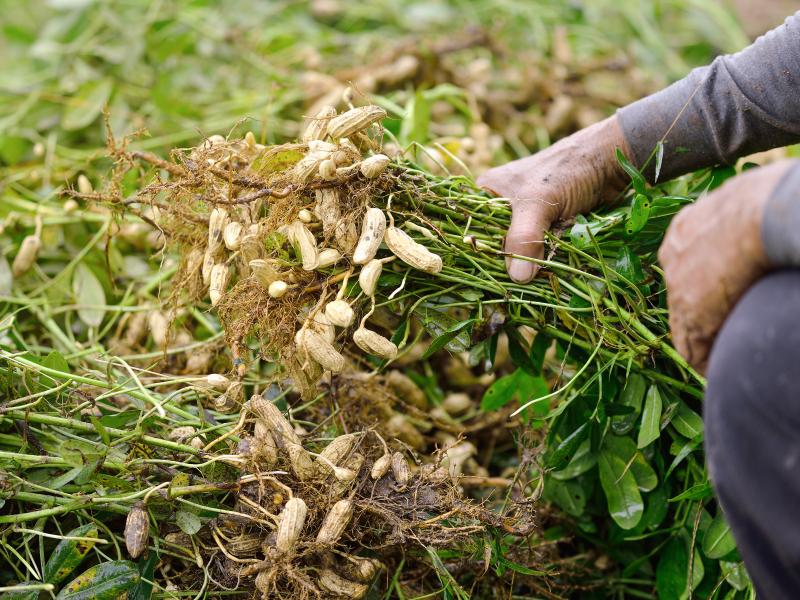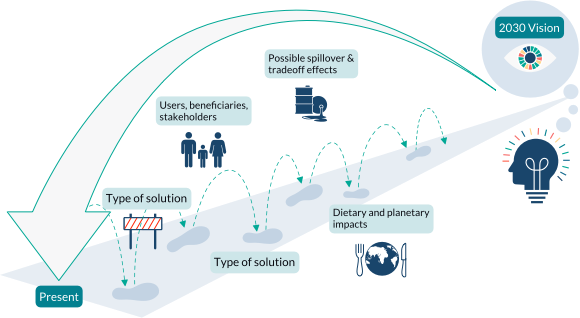Perennial Farming

Description of the innovative solution
Annual crops require a high workload and high chemical use. Annual tillage leads to reduced carbon storage and land erosion. This innovation proposes to favor perennial plants or apply genetic modification to plants to create their perenniality. Perennial crops have extensive root systems, making soil particles difficult to dislodge and thereby limiting soil erosion. This deep root system is efficient at capturing water and nutrients and thus reduces water and fertilizer use requirements. Perennial crops also enhance biological carbon sequestration due to reduced soil-disturbing tillage...
Annual crops require a high workload and high chemical use. Annual tillage leads to reduced carbon storage and land erosion. This innovation proposes to favor perennial plants or apply genetic modification to plants to create their perenniality. Perennial crops have extensive root systems, making soil particles difficult to dislodge and thereby limiting soil erosion. This deep root system is efficient at capturing water and nutrients and thus reduces water and fertilizer use requirements. Perennial crops also enhance biological carbon sequestration due to reduced soil-disturbing tillage . Furthermore, perennial crops often provide food all year round, thereby sustaining nutrition and farmers' income.
Examples and additional resources
Real-world examples
See this solution in action in different contexts and settings around the world
Additional resources
Learn more about this solution through studies, articles, business cases, and other information
Benefits of perennial crop varieties for Sub-Saharan African
Contacts
Connect to others working on and with this solution around the world
Pathways to uptake
Engage with our “backcasting tool” to imagine and design “pathways to uptake” for this solution in your setting.
This process involves defining a future vision of this solution being used in your context, and then working “backwards” to identify necessary steps to achieve this vision by 2030. Going through this exercise as an individual or with a team can help to clarify the WHAT/WHEN/HOW of moving a solution (or package of solutions) towards having major impact. We hope these pathways will inspire outside-of-the-box thinking, creative approaches, and actionable concrete steps to move ideas into action.
Pathway builder
Explore pathways for this solution
Be the first one and add a pathway for this solution!